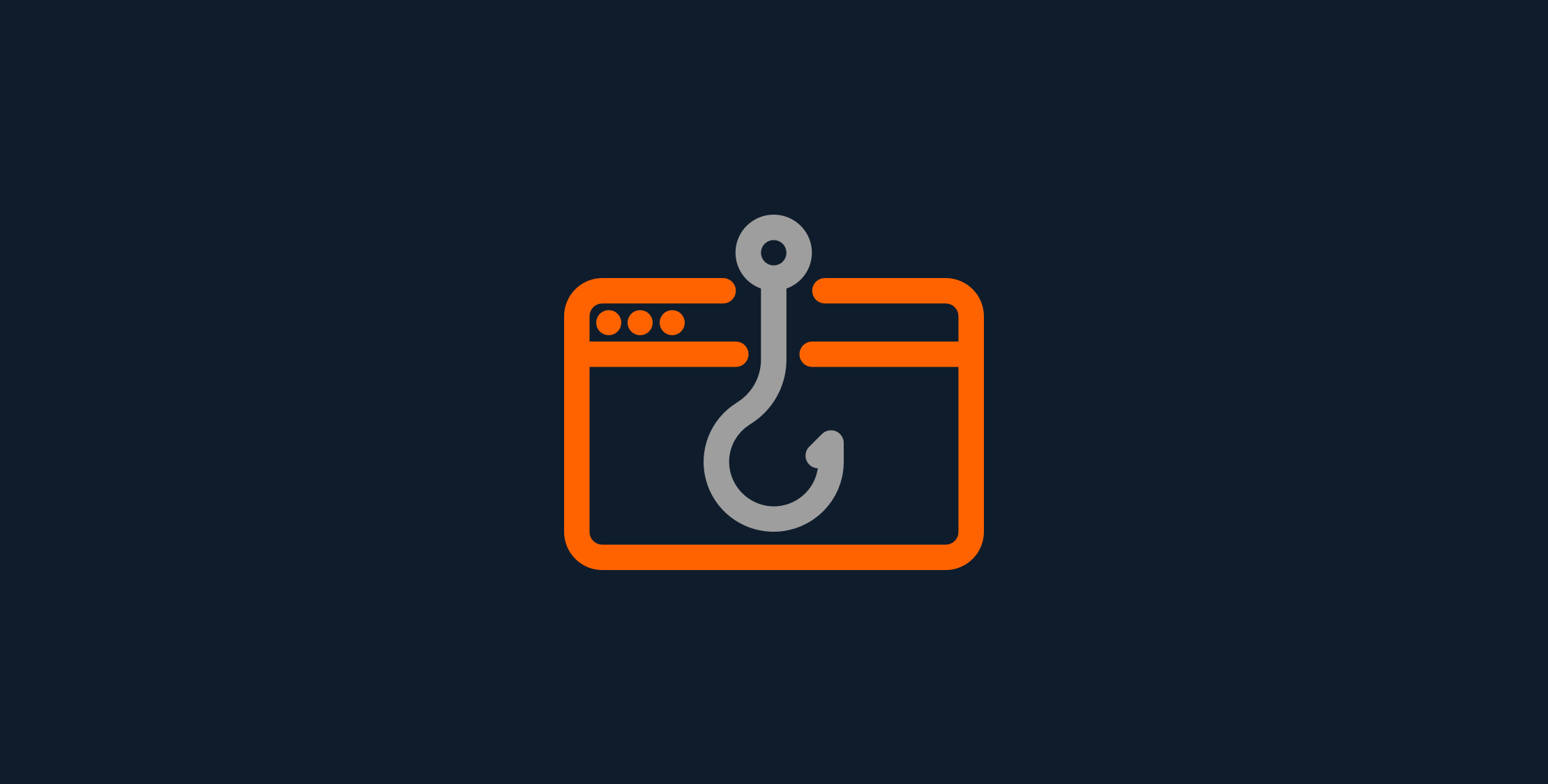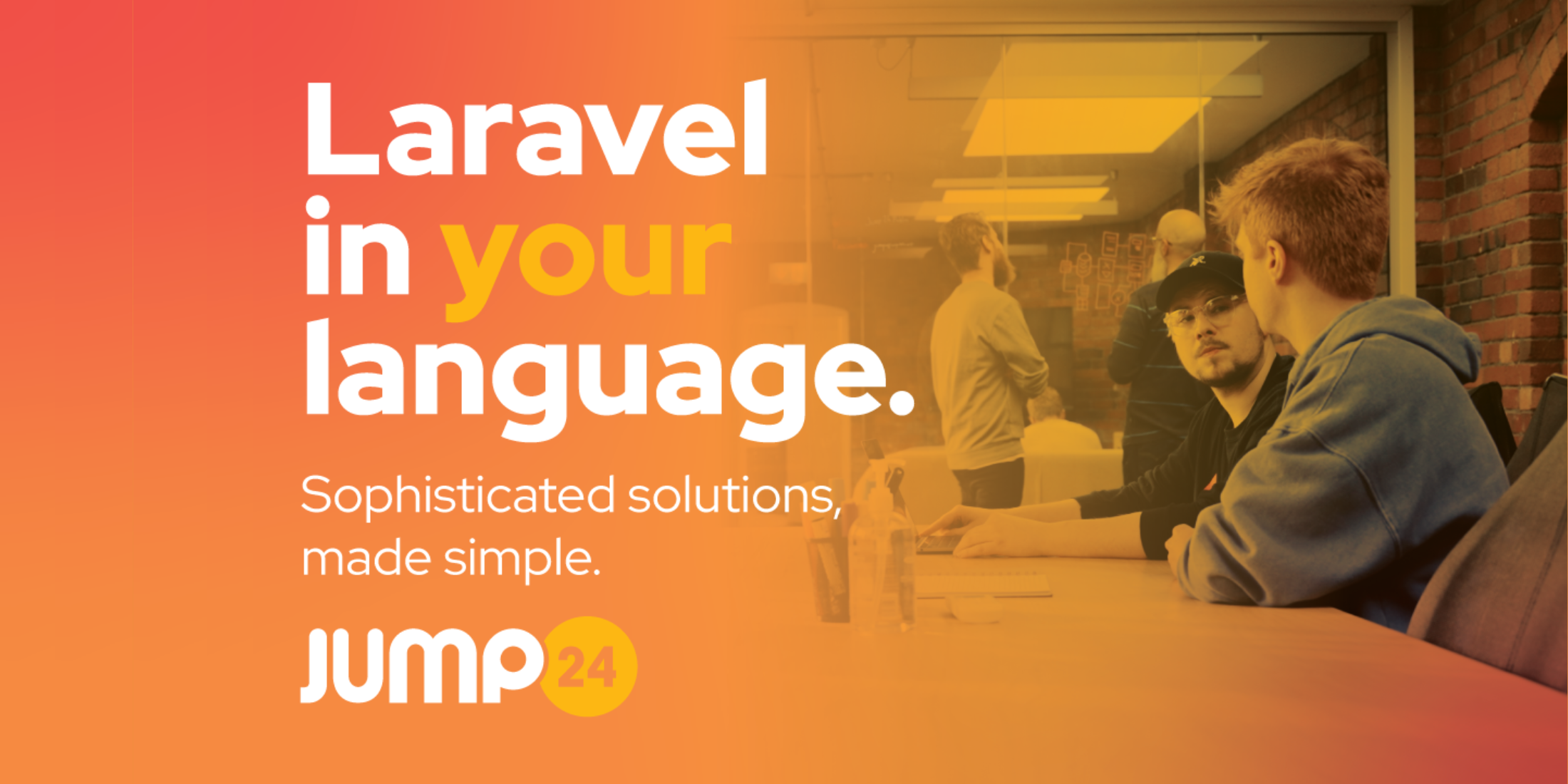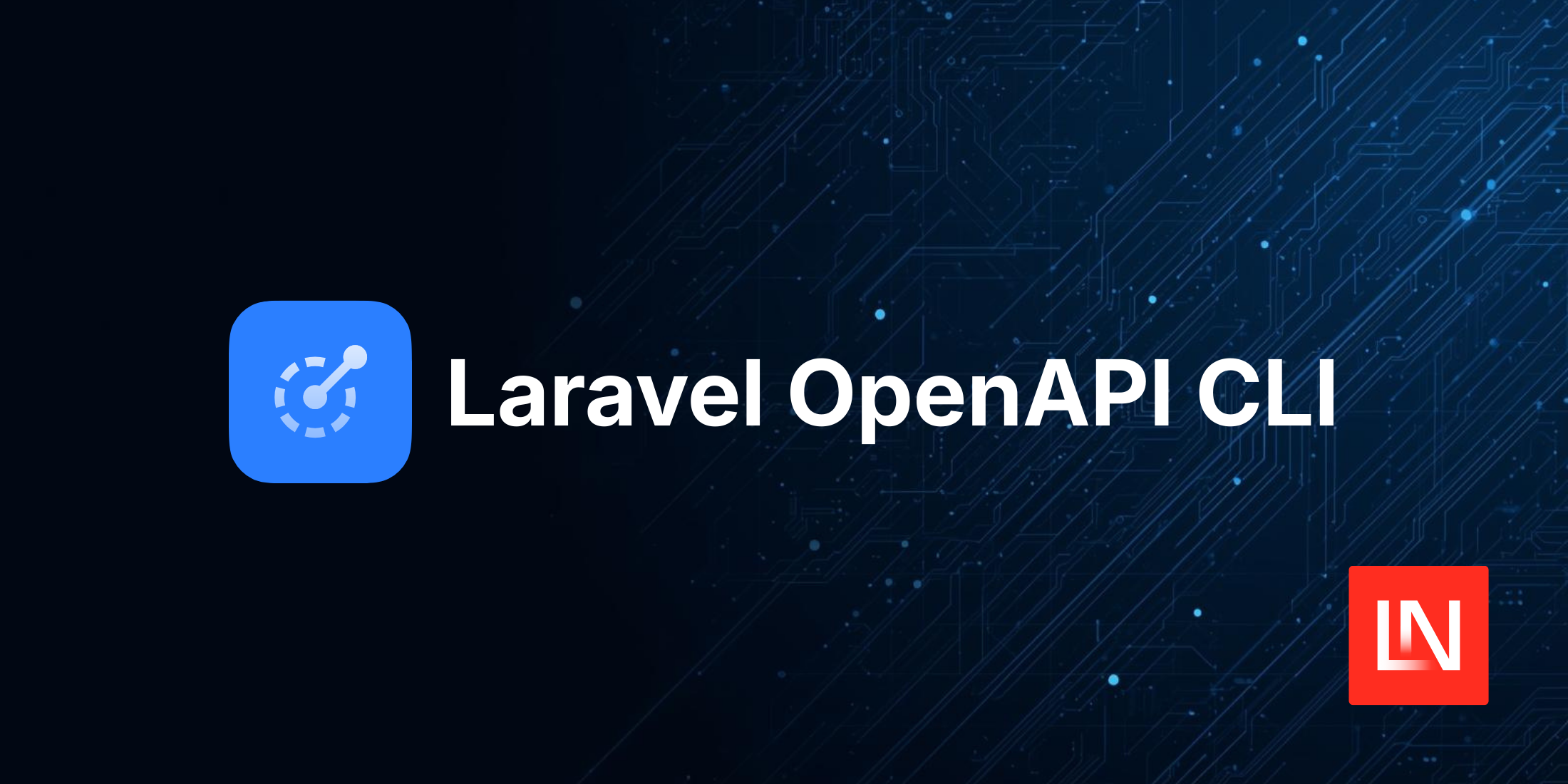Spatie released two new packages aimed at helping developers send and receive webhooks in Laravel: laravel-webhook-server and laravel-webhook-client. If you either need to provide webhooks to consumers of your application or if you need to consume them yourself, consider using these packages either independently or in tandem.
We’ll take a quick look at both packages to give you a high-level overview and then send you on your way to the GitHub repos!
Laravel Webhook Server
In his recent blog post Sending and receiving webhooks in Laravel apps, Freek had the following to say about the capabilities of the server package:
laravel-webhook-server allows you to configure and send webhooks in a Laravel app easily. So you’ll install this into the app that wants to notify other apps that something has happened. The package has support for signing calls, retrying calls, and backoff strategies.
While we won’t go into details about each of these features, know that the server package has everything you need to support sending webhooks to other applications. At a high level, here’s an example from the documentation:
WebhookCall::create() ->url('https://other-app.com/webhooks') ->payload(['key' => 'value']) ->useSecret('sign-using-this-secret') ->dispatch();You can customize the signing process by creating a custom signer with an interface provided by Spatie’s package (see the Spatie\WebhookServer\Signer\Signer interface).
Laravel Webhook Client
On the other side of the webhook process, you will sometimes be the consumer of others’ webhooks. Spatie provides a companion (or it can be used as a stand-alone) package for receiving webhooks. According to Freek’s post, the package includes support for verifying, storing, and processing payloads in a queue:
laravel-webhook-client has support for verifying signed calls, storing payloads, and processing the payloads in a queued job.
As with the webhook server package, the client package supports customization of the signature validation via the SignatureValidator interface provided by the package.
The client package uses a database to store and process webhooks. Using a job class, you can handle valid webhooks:
namespace App\Jobs; use \Spatie\WebhookClient\ProcessWebhookJob; class ProcessWebhookJob extends SpatieProcessWebhookJob{ public function handle() { // $this->webhookCall // contains an instance of `WebhookCall` // perform the work here }The package even has support for processing incoming webhook requests for multiple applications. The readme has an example configuration and router configuration for routing webhooks from multiple applications.
Learn More
I would highly recommend going over Freek’s blog post Sending and receiving webhooks in Laravel apps to learn more details about these packages. Both packages look, and I can’t wait to try them on my applications! Excellent work and congratulations to the Spatie team on these useful open-source applications!
You can learn more about these packages, get full installation instructions, and view the source code on GitHub at spatie/laravel-webhook-server and spatie/laravel-webhook-client.











